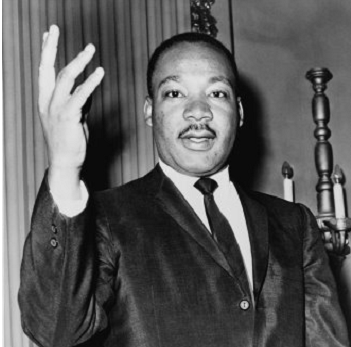Flickr: Mike Licht, Library of Congress
By Matthew Green
Today, Americans commemorate the life of Dr. Martin Luther King, Jr. Most of us know at least a little something about the historic figure: He was an African American civil rights leader; he delivered the unforgettable “I Have a Dream” speech; he was assassinated in 1968.
For most American youth, though, knowledge about Dr. King and civil rights history in general doesn’t go much beyond that. Only 2 percent of high school seniors could correctly answer a basic question about the Supreme Court’s landmark Brown v. Board of Education case, according to the National Assessment of Educational Progress.
What's more, 35 states – including California – failed to cover many of the core concepts and details about the Civil Rights Movement, and 16 of these states (Iowa and New Hampshire included) didn’t require any instruction about the movement at all, according to a recent study by the Southern Poverty Law Center (SPLC), which examined public K-12 education standards and curriculum requirements in all 50 states and found that
“For too many students, their civil rights education boils down to two people and four words: Rosa Parks, Dr. King and ‘I have a dream,’” said Maureen Costello, director of SPLC’s Teaching Tolerance program, which conducted the study. “By having weak or non-existent standards for history, particularly for the Civil Rights Movement, (most states) are saying loud and clear that it isn’t something students need to learn.”
The study also found that much of what is taught about the movement in schools largely focuses on addressing the major leaders and events, but fails to address the systemic and often persistent issues like racism and economic injustice.



